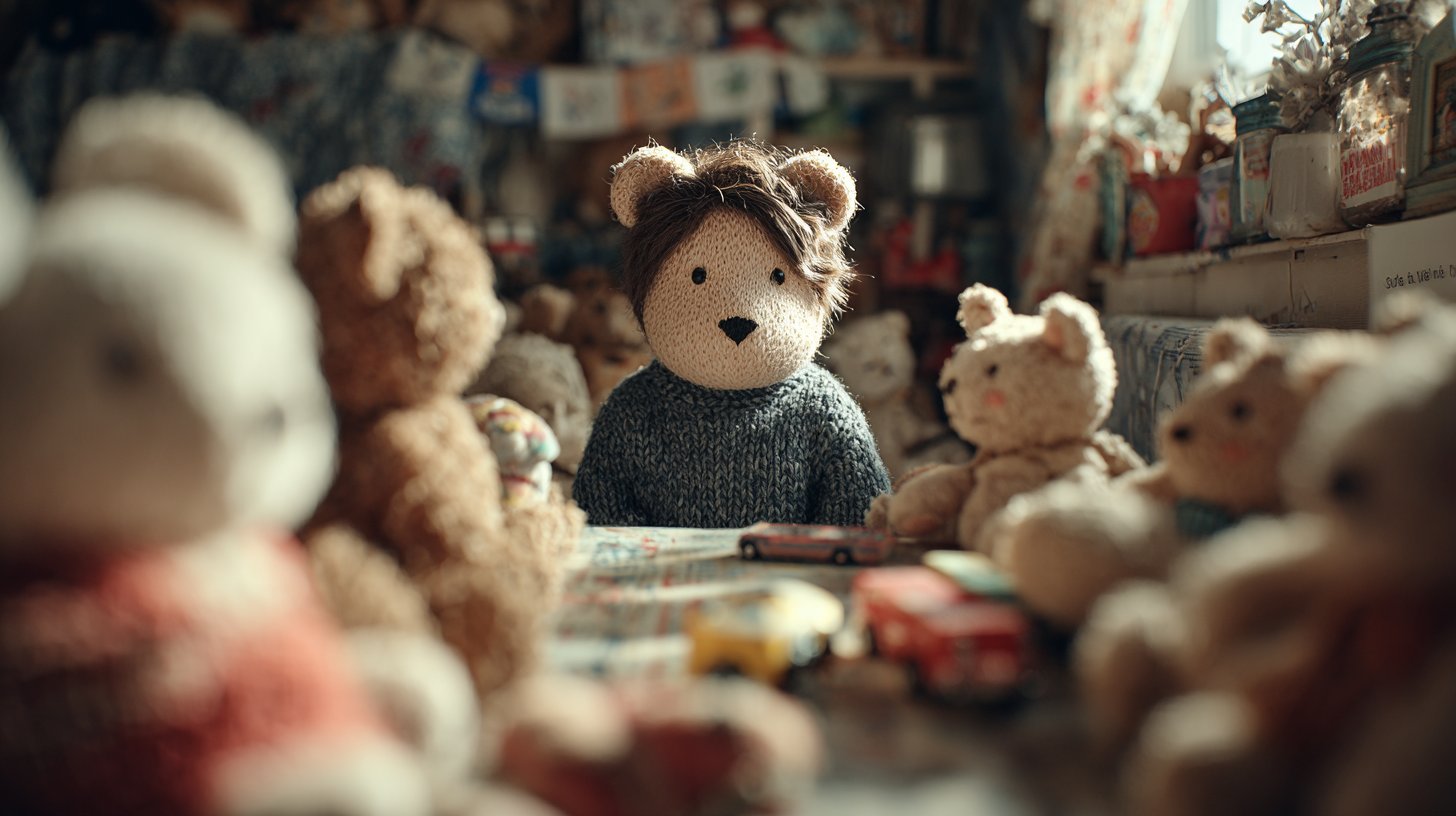How toxic habits unconsciously harm children

Parenting is one of the most challenging tasks in life. No matter how well you do things, there is always room for improvement. In this journey, there are some less visible, yet deeply toxic habits that you might unconsciously adopt. It is important to recognize these habits to foster the emotional healthy growth of your children.
Raising children is a challenging process that requires patience and understanding. Sometimes parents act from a place of fear, worry, or simple habit, which can lead their children to develop negative patterns in their own lives. It is important to find a conscious approach to parenting in order to create the best possible environment for your children's emotional and psychological development.
Control and Overprotection
One of the most common toxic habits is excessive control and overprotection of children. Parents tend to shield their children from every possible risk, which can prevent children from learning to take responsibility for their decisions. This tactic can undermine children's self-confidence and independence. It is important to find a balance where children have the freedom to make mistakes and learn from them, while feeling that they can always rely on your support.

Allow your children to learn from their mistakes instead of constantly shielding them from every possible danger. By granting them space and encouraging independence, you create an environment where children can grow up confident and resilient.
Emotional Dependency
Another toxic habit is emotional dependency, which can arise from an excessive need for approval from parents. Some parents give their children the feeling that their worth depends on their achievements and the approval of the parents. This behavior can lead children to struggle in the future with developing their own self-esteem. Additionally, they may become involved in toxic relationships where they also seek validation and love.

It is important that you teach your children from an early age that they are valuable regardless of their achievements. Foster a healthy self-esteem and encourage them to develop their own values and beliefs so that they are capable of distinguishing themselves from the outside world.
Irony and Sarcasm
The use of irony and sarcasm in communication can also represent a toxic habit. This can cause children to be unable to recognize the true feelings and intentions of those around them. Such upbringing can lead to confusion, a lack of empathy, and difficulties in dealing with others.

It is important to speak directly and honestly with your children. Encourage open communication where they can express their thoughts and feelings. This creates a sense of safety and trust that is fundamental to their emotional health.
Overall, it is important to be aware of the toxic habits that we as parents may inadvertently pass on. Through self-critical reflection and conscious action, we can provide our children with the best possible support and raise them to be confident, independent, and happy individuals.
Remember that parenting is not a perfect process. Everyone makes mistakes — that is part of learning. However, it is important that you are willing to work on yourself and identify the habits that may negatively impact your children. By becoming aware of these toxic patterns, you can actively work towards positive change, thereby promoting happiness and satisfaction in your family.


